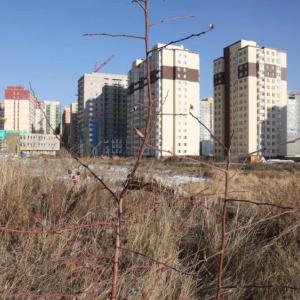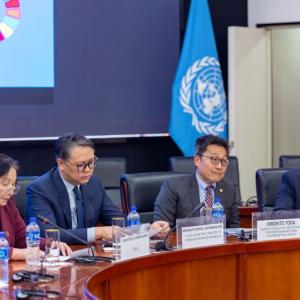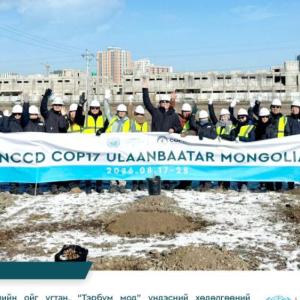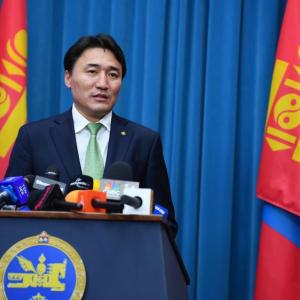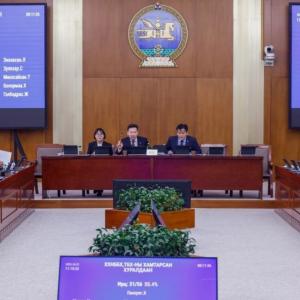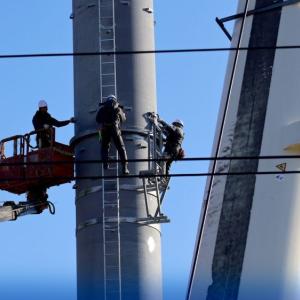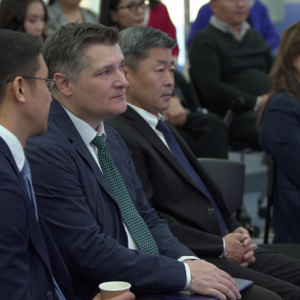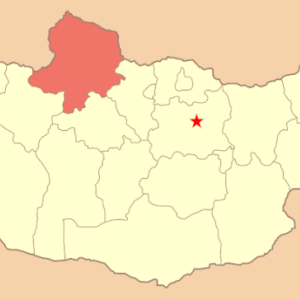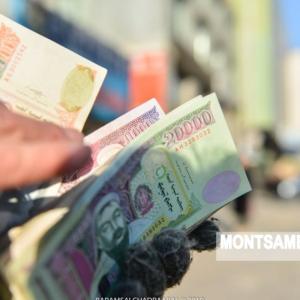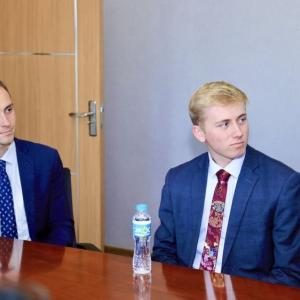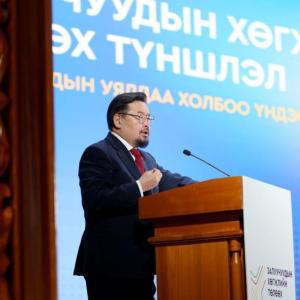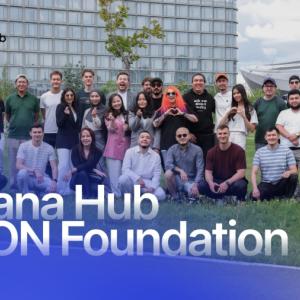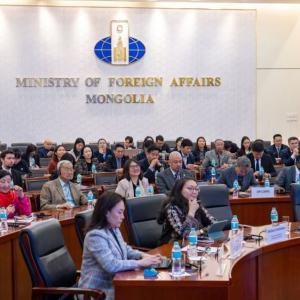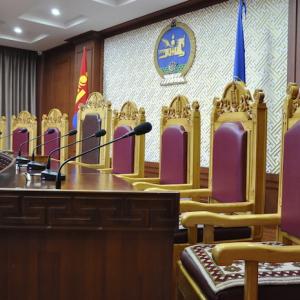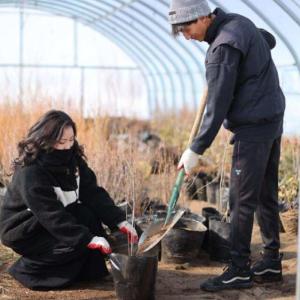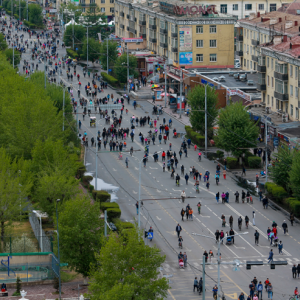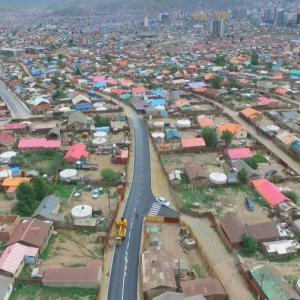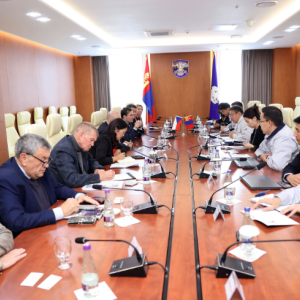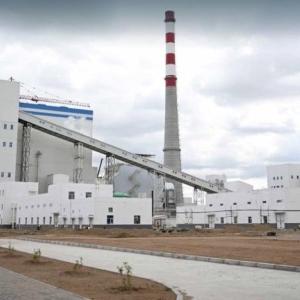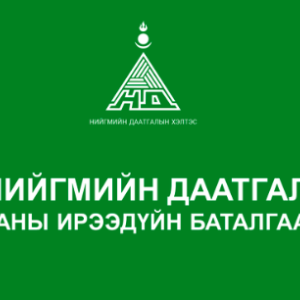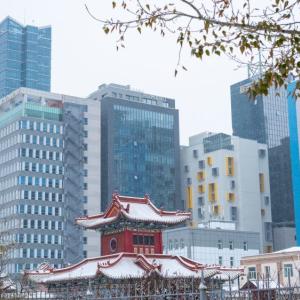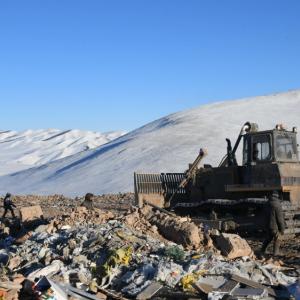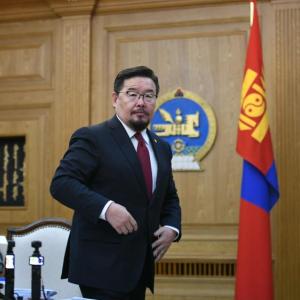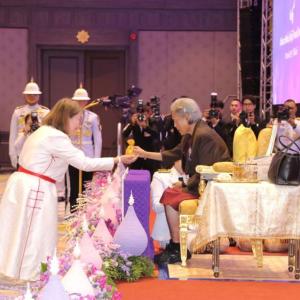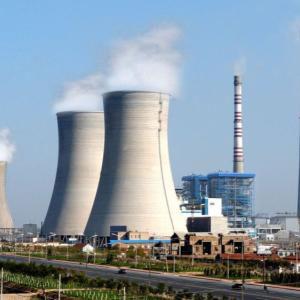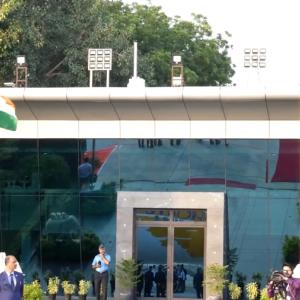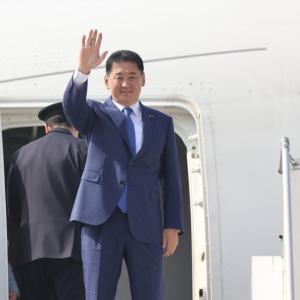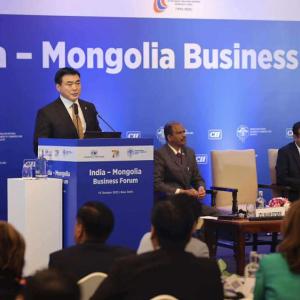Mongolia: Shift from Relief to Resilience Crucial to Economic Recovery
Economy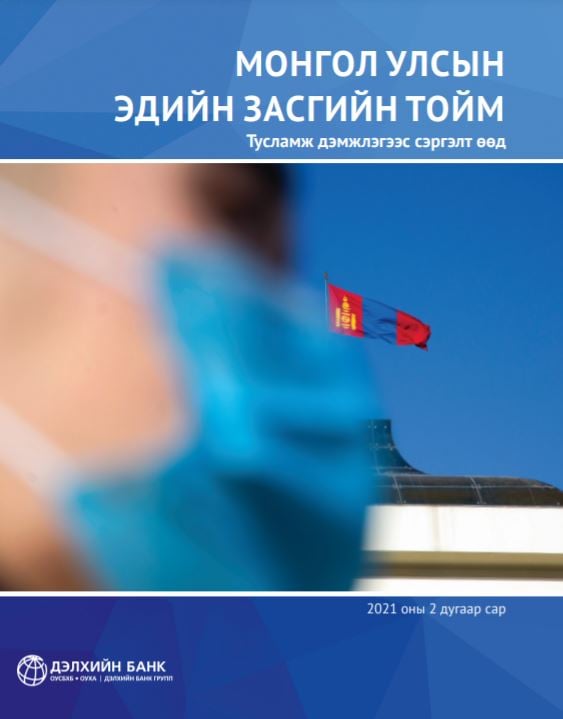
Hit by the COVID-19 crisis, Mongolia’s economy has experienced the worst contraction since its economic transition in early 1990s, but it is projected to rebound in 2021. Following a 7.3 percent decline in the first nine months of 2020, the World Bank’s latest Mongolia Economic Update estimates that the economy will grow by 4.3 percent in 2021 – as government stimulus measures prop up domestic demand, shockwaves to the global economy recede, and vaccines are introduced.
The COVID-19 shock to Mongolia’s economy has been severe and widespread, affecting the structure and conditions of the labor market, says the report. While employment increased in IT and health sectors, job declines occurred in various other sectors including hospitality and entertainment. The report cautions of the increased risk of low-skilled workers in the informal sectors and those living just above the national poverty line falling into poverty.
“Economic recovery from the COVID-19 shocks is likely to be slow and erratic. Mongolia’s policy focus needs to transition from short-term relief to accelerating recovery and building resilience,” said Andrei Mikhnev, World Bank Country Manager for Mongolia. “The immediate challenge is the limited fiscal space to continue the generous support provided in 2020, while an abrupt withdrawal could create significant difficulties for households and firms”.
The report notes that the government’s relief measures were successful in providing adequate support to households and firms and prevented a wave of business closures. The report estimates the size of the government’s fiscal support at around 9 percent of GDP in 2020.[1] The 2021 budget foresees a return to fiscal consolidation, which will be required to prevent a further increase in the country’s large public sector debt.
The report projects real GDP growth in 2021-22 to accelerate to about 5 percent, supported by a renewed drive of investment in the mining sector. Private finance backed by foreign direct investment (FDI) will remain a key contributor to growth, especially in mining, manufacturing, and transport services. Private consumption will also support growth in the medium-term.
However, the latest domestic outbreak has added considerable uncertainty to the economic recovery, according to the report. Other risks to the outlook include further coronavirus outbreaks, extreme weather, fragility in the financial sector as regulatory forbearance is withdrawn, and the possibility of new spending and overstretched public finance in the run-up to the presidential elections.
The report cautions that even in the face of persistent uncertainty Mongolia needs to signal a clear commitment to fiscal stability to avoid a recurrence of the traditional macro boom-and-bust cycles. Further exchange rate flexibility could help cushion additional external shocks and thereby preserve the limited policy room.
Beyond these short-term risks, the rollout of vaccines could help bring the COVID-19 pandemic under control and allow policy efforts to begin focusing on the critical medium-term agenda. An immediate priority are further efforts to implement structural reforms in the banking sector, says the report. Key elements of these reforms include strengthening capital buffers and improving corporate governance of banks (including ongoing reforms in ownership structure of banks), facilitated by the gradual exit from extraordinary regulatory forbearance.
The report says that the approval of the banking law is a good first step which should be followed by further measures to strengthen the independence of bank supervision and deal with the legacy of non-performing loans in the sector.
The report recommends that Mongolia adopt an integrated and fiscally sustainable approach to boosting medium-term economic prospects and job creation. This includes leveraging private sector investment in the mining and non-mining sectors to create higher productivity jobs and sustainable income opportunities for Mongolians. These efforts should be complemented by better targeted government investments in infrastructure and a more efficient and affordable social safety net.
World
Bank Group
 Ulaanbaatar
Ulaanbaatar








